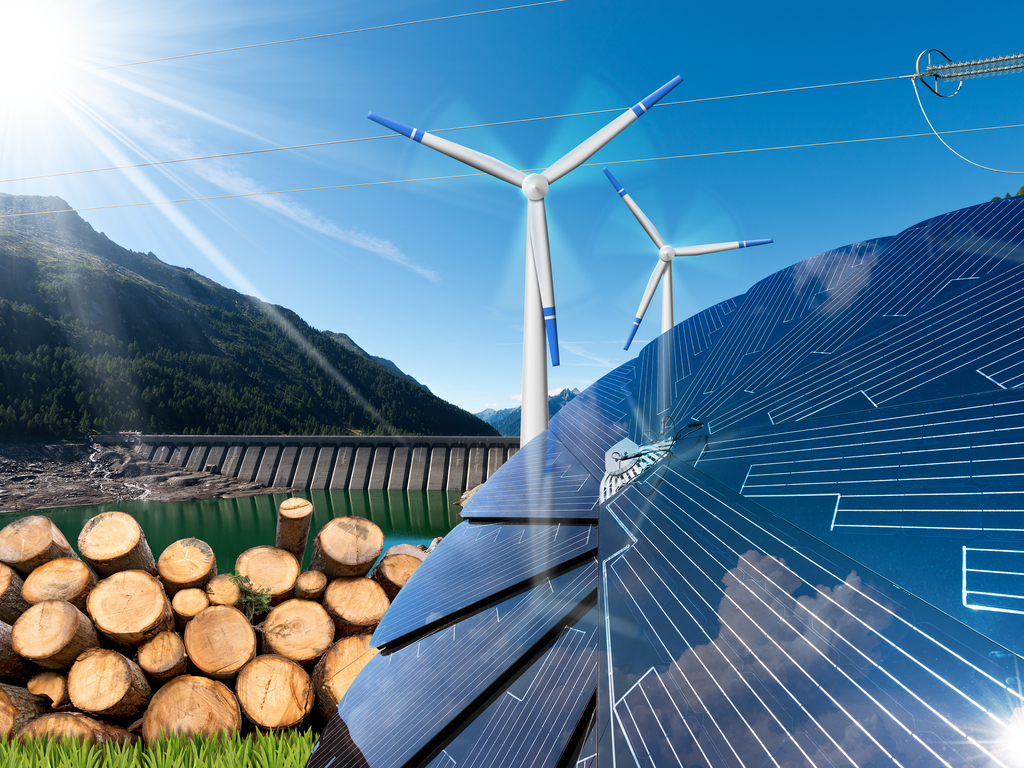Renewable Energy Sources:
In today’s world, the need for renewable energy sources has become increasingly important. As we continue to deplete our fossil fuel reserves and face the consequences of climate change, it is crucial to shift towards sustainable alternatives.
One of the most popular and widely recognized renewable energy sources is solar power. Solar panels convert sunlight into electricity, providing a clean and abundant source of energy. Installing solar panels on rooftops or in large solar farms can significantly reduce reliance on fossil fuels and lower carbon emissions.
Another promising option is wind power. Wind turbines harness the kinetic energy from wind to generate electricity. Offshore wind farms have gained traction in recent years due to their vast potential for producing renewable energy. Wind power is not only environmentally friendly but also provides economic benefits by creating jobs in manufacturing, installation, and maintenance.
Hydropower utilizes the force of flowing water to generate electricity. It involves building dams or diverting rivers to drive turbines that produce power. While hydropower offers a reliable source of renewable energy, there are concerns regarding its impact on ecosystems and displacement of local communities.
Geothermal energy taps into heat stored beneath the Earth’s surface. By utilizing this natural heat through geothermal power plants, we can generate electricity without releasing harmful greenhouse gases into the atmosphere.
Organic Food and Farming:
The organic food movement has gained significant momentum in recent years as people become more conscious about their health and environmental impact. Organic farming practices prioritize sustainability by avoiding synthetic pesticides, genetically modified organisms (GMOs), antibiotics, growth hormones, and chemical fertilizers.
Organic farming promotes biodiversity by supporting healthy soil ecosystems through crop rotation, composting methods, cover cropping techniques, and biological pest control measures instead of relying on chemical interventions.
Consuming organic food reduces exposure to potentially harmful chemicals while ensuring higher nutrient content compared to conventionally grown produce. Additionally, organic farming practices help mitigate climate change by sequestering carbon in the soil, reducing greenhouse gas emissions, and conserving water.
Zero Waste Lifestyle:
The zero waste movement aims to minimize waste generation and promote a circular economy where resources are reused or recycled rather than discarded. It encourages individuals to adopt sustainable practices such as composting food scraps, recycling packaging materials, and avoiding single-use items like plastic bags, straws, and disposable cutlery.
By adopting a zero waste lifestyle, we can significantly reduce our environmental footprint. This includes practicing mindful consumption by purchasing products with minimal packaging or opting for second-hand items. Additionally, embracing reusable alternatives like cloth bags, stainless steel water bottles, and glass containers can help eliminate unnecessary waste.
Eco-Friendly Home Cleaning Products:
Conventional cleaning products often contain harmful chemicals that can be detrimental to both human health and the environment. Eco-friendly home cleaning products offer a safer alternative by using natural ingredients derived from plants or minerals.
Common ingredients in eco-friendly cleaning products include vinegar (for its antibacterial properties), baking soda (as a gentle abrasive), lemon juice (for its natural bleaching effect), and essential oils (to provide pleasant scents). These ingredients are non-toxic and biodegradable, ensuring they don’t harm aquatic life when washed down drains.
Switching to eco-friendly cleaning products not only reduces chemical exposure within your home but also minimizes pollution in waterways. Furthermore, many of these products come in refillable containers or bulk options to further reduce packaging waste.
In conclusion, adopting sustainable practices is crucial for preserving our planet’s resources and mitigating climate change. From renewable energy sources to eco-friendly household choices and conscious consumerism – every small step counts towards creating a more sustainable future for generations to come.

Leave a comment